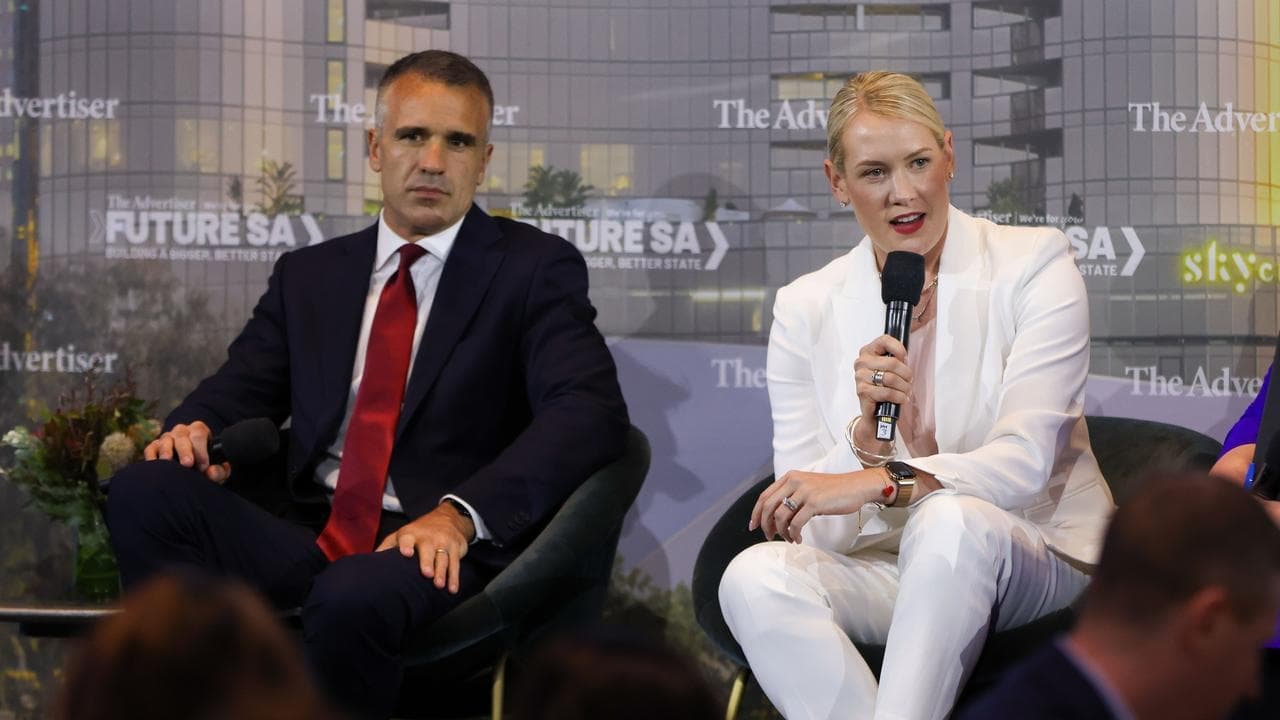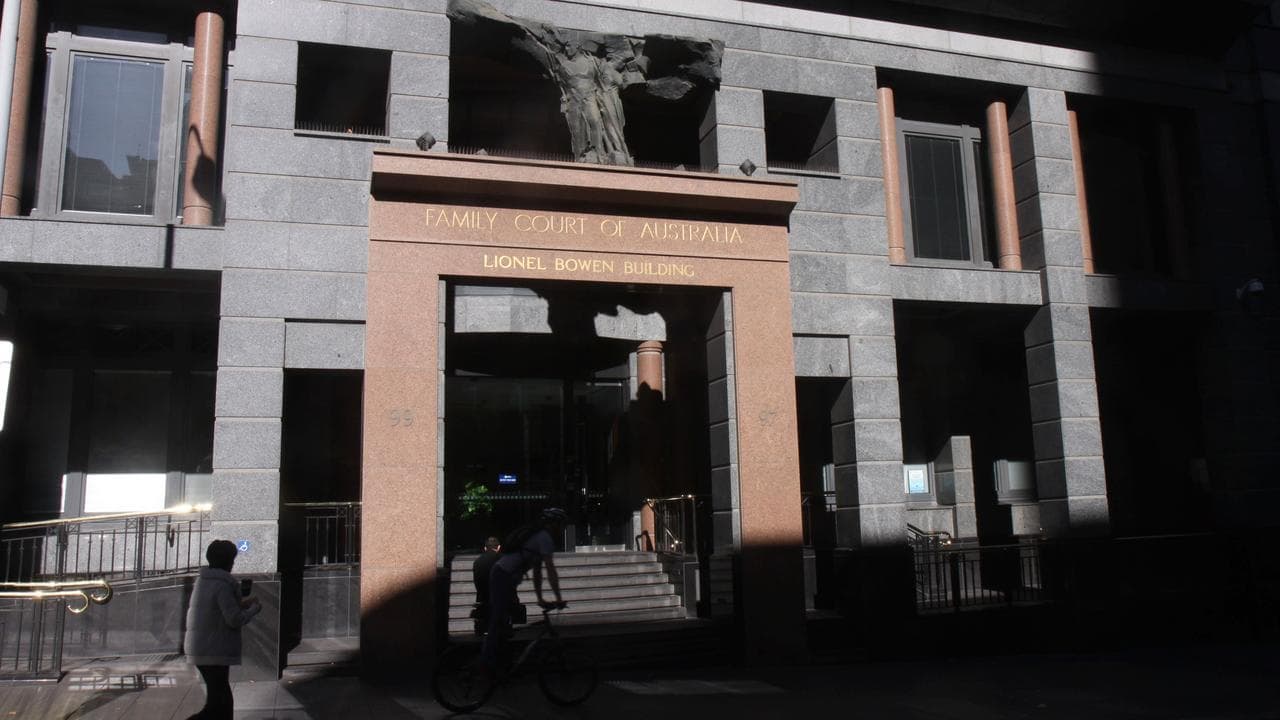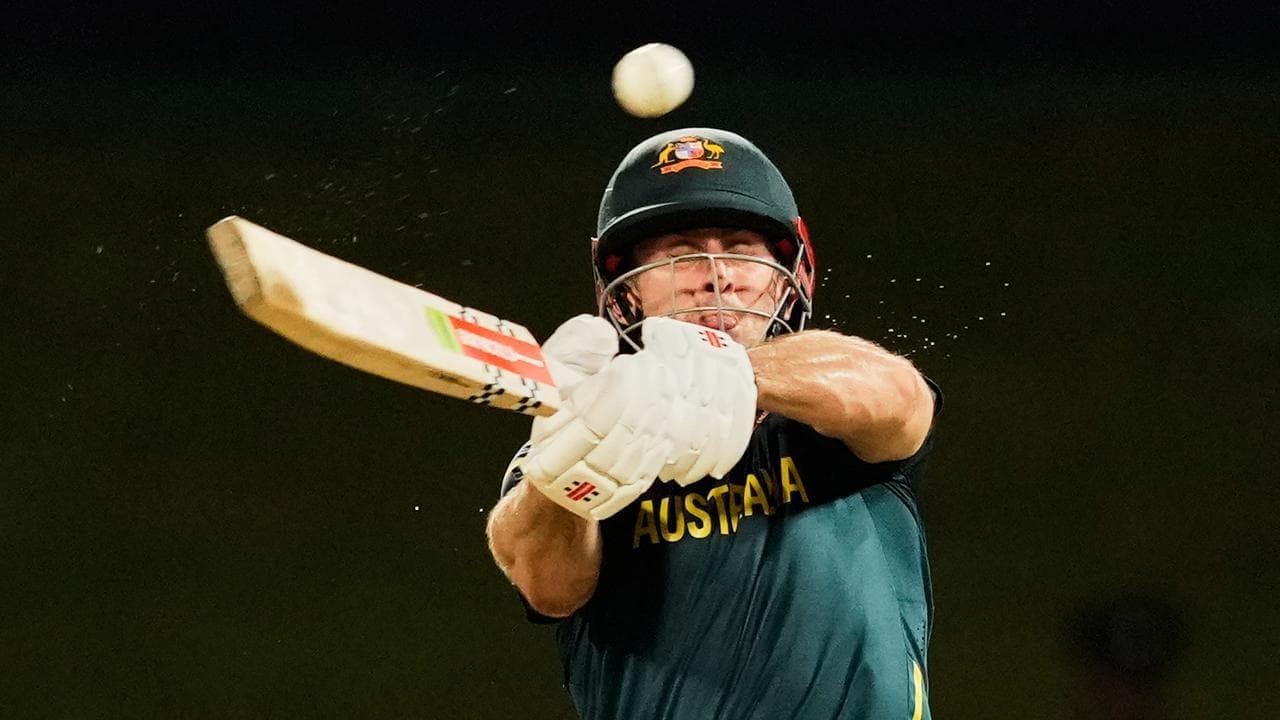WHAT WAS CLAIMED
The number of first-home buyers in 2021 was nearly 70,000 higher than when Labor was in government.
OUR VERDICT
Misleading. While the claim is true when comparing 2021 against Labor’s final year of office, first home loan numbers were higher under Labor when averaged across the course of governments.
Affordable housing has become a major election battleground with the coalition, Labor and the Greens all backing more government support for first-time buyers.
But an attempt to convince voters the coalition has the best record on helping the cohort included a misleading claim from Prime Minister Scott Morrison, who suggested the number of first-home buyers in 2021 was almost 70,000 higher than when Labor was in government.
Mr Morrison's claim is true for Labor's final year in office. However, comparing figures from the entirety of Labor's last period in government against the subsequent era of coalition leadership tells a different story.
Labor's best year for first-home buyers was 2009, when around 173,000 people committed to a loan. That compares to around 164,000 first-home loans taken out in 2021, which was the coalition's peak year.
Additionally, the number of first-home loans taken up each month was slightly higher under Labor than the coalition when averaged over their full periods in government.
Mr Morrison made the claim during a May 2 press conference. Responding to a question about house prices, the prime minister said: "What the figures show is that 164,000 Australians last year (got) into their first home. That's up almost 70,000 on what Labor was achieving when they were in office." The comments were subsequently reported by the media.
Earlier in the press conference, Mr Morrison made a similar claim but focused only on Labor's final year in government, saying: "It's hard to own your first home, but last year 164,000 Australians did. They bought their first home. Now, when Labor was last in office in their last year, there were 91,300 Australians who bought their first home."
The Australian Bureau of Statistics (ABS) publishes monthly figures for the number of new loan commitments to owner-occupier first home buyers.
The ABS figures show that 163,684 first-home loans were taken out during the 2021 calendar year, the highest number of first-home loans since 2009.
That compares to 91,565 - 72,119 fewer than in 2021 - during the final 12 months of the 2007-2013 Labor government, which covers the period from September 2012 to August 2013.
However, in the 2009 calendar year, when Kevin Rudd was prime minister, 173,160 people committed to a loan on their first property as owner-occupiers, which is 9476 more than in 2021.
The number of first-home loans varied significantly from year-to-year under Labor, but when calculated as a monthly average the number taken up during the party's most recent period in power was higher than it has been since the coalition took office.
On average, 8975 new first-home loans were recorded in each month between December 2007 and August 2013, the period that best matches Labor's time in office. Since September 2013, the month the coalition won power, an average of 8909 first-home loans have been recorded each month up to and including March 2022 - although the average has been trending up since mid-2017.
Professor Rachel ViforJ, a housing and economics expert at Curtin University's School of Accounting, Economics and Finance, told AAP FactCheck that the number of people buying their first homes in any given year was determined by multiple factors including government support, interest rates and the state of the economy.
Prof ViforJ said the large rise in the number of first-home loans around 2008 was likely due the government's First Home Owner Boost, which came on the back of a housing market boom in the 2000s.
"The global financial crisis hit Australia probably late 2008, which resulted in the dip in late 2008 / early 2009," Prof VitorJ said in an email. "The First Home Owner Boost was introduced in late 2008 and lasted until late 2010, though it was most generous from late 2008 to late 2009, so the huge spike in 2009/2010 should be due to the boost," she said.
Professor VitorJ said the rise in first home buyers in late 2019 and early 2020 was probably partly due to the Australian Prudential Regulation Authority (APRA) relaxing its home loan rules in 2019, allowing banks to offer bigger mortgages, while the spike in 2021 is likely due to the coalition's COVID-19 housing stimulus package.
The Verdict
The prime minister's claim that the number of first-home buyers in 2021 was nearly 70,000 higher than when Labor was in government cherry-picks the figures and leaves out some important context.
While the claim is true when looking at Labor's final year in office, official figures show that more people bought their first home in 2009 - Labor's highest year for first-home buyers - than in 2021, the coalition's highest year.
Additionally, the average number of first-home loans per month was slightly higher under the 2007-2013 Labor government than it has been under the coalition government to date.
Misleading – The claim is accurate in parts but information has also been presented incorrectly, out of context or omitted.
AAP FactCheck is an accredited member of the International Fact-Checking Network. To keep up with our latest fact checks, follow us on Facebook, Twitter and Instagram.












